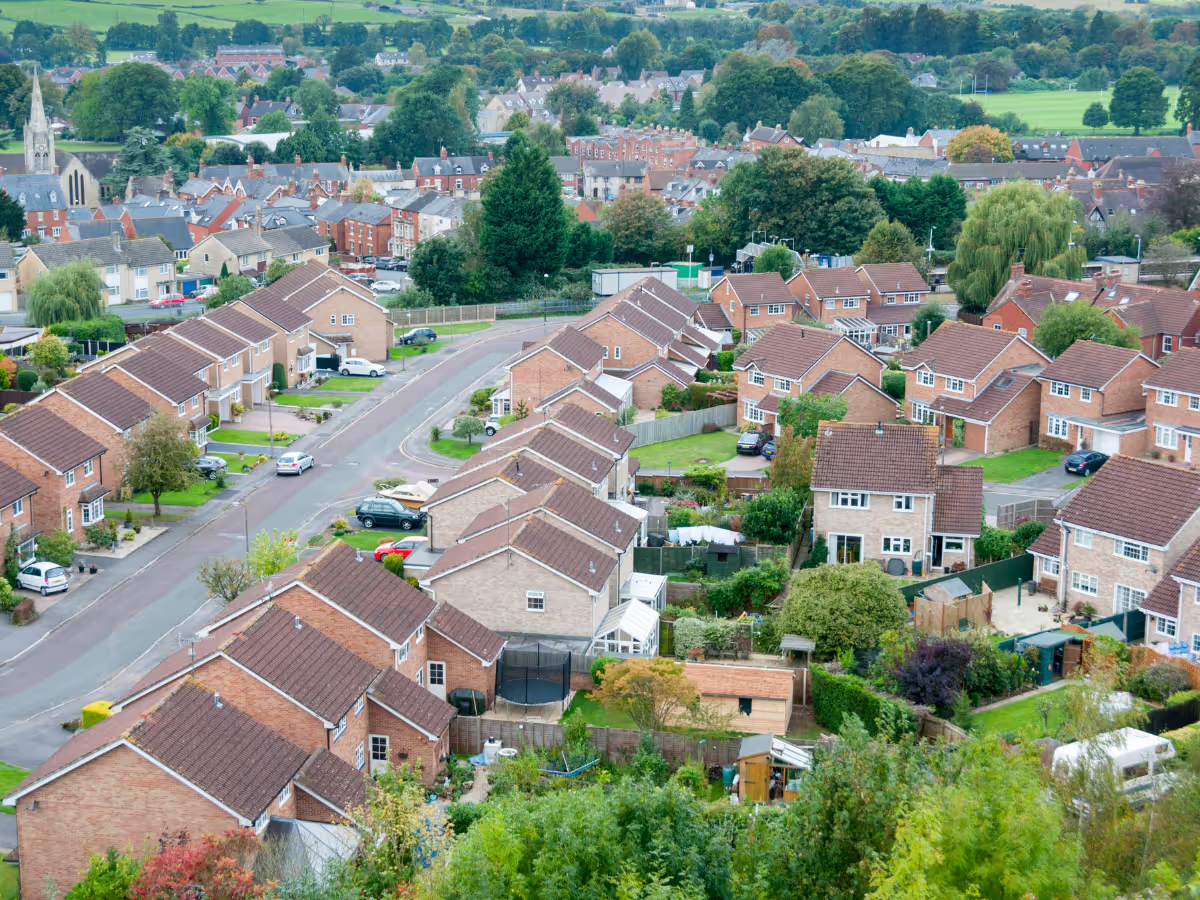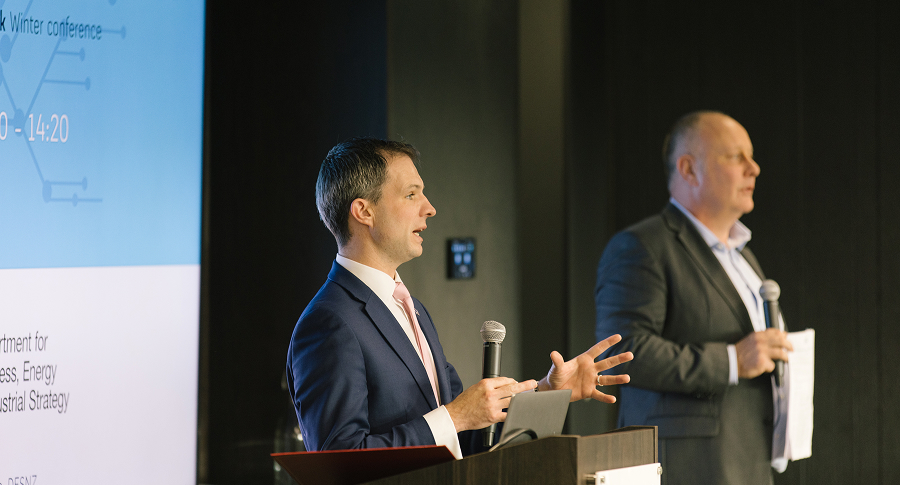Local authorities are vital to delivering net zero. But how can we fully unlock their role? Read the findings and recommendations from Regen's recent study with Innovate UK on planning for decarbonisation at a local level.

Local authorities are vital to delivering net zero. But how can we fully unlock their role? Read the findings and recommendations from Regen's recent study with Innovate UK on planning for decarbonisation at a local level.

Local authorities are undertaking extensive decarbonisation planning to support their climate goals – whether developing Local Heat and Energy Efficiency Strategies (LHEES) in Scotland or Local Area Energy Plans (LAEP) developed by Energy System Catapult with support from Innovate UK.
Given the importance of local delivery in meeting national net zero targets, Regen worked with Innovate UK to better understand the value of decarbonisation planning for local authorities – and what might be needed to fully unlock local authorities’ ability to plan for and deliver net zero. We interviewed 50 local authorities, both with and without decarbonisation plans or LAEPs. We ran a survey which gave us feedback from 147 local stakeholders. And we held a workshop with local energy experts. Here’s what we found.
This value lies in aligning key actors in a local area behind an agreed pathway and highlighting a set of clear actions. Plans have driven local political discourse and helped local authorities grasp the scale of the change.
Although local areas have made good progress in net zero without setting an overall pathway, there is a danger their actions are less efficient and could be less cost-effective.
Current approaches to decarbonisation planning can also be high-cost and the outputs inconsistent. There are also questions about how the outputs of plans tangibly influence decision-making locally, nationally and in energy networks.
Improving the availability and consistency of data used in decarbonisation plans would also improve quality and reduce costs.
Work could also be focused on how the outputs of decarbonisation plans influence key local authority statutory functions such as spatial and transport planning. There is also no clearly agreed role for local decarbonisation plans in supporting local delivery of national initiatives or energy network planning.
Central government has recognised the importance of local delivery and is considering placing statutory net zero delivery responsibilities on local authorities, such as heat network zoning and EV charger strategies. Ofgem has also proposed the introduction of Regional Energy Strategic Planners (RESPs) which will likely require consistent local authority input that a decarbonisation plan could provide.
Without an overarching approach to local decarbonisation planning, national net zero initiatives such as those in transport, housing and power sectors will establish their own siloed local processes, risking sub-optimal outcomes for public investment. In contrast, a joined-up approach can develop plans that meet multiple objectives at once, giving higher confidence that best value outcomes will be achieved from public investment and delivering wider economic and social benefits.
Based on feedback from local authorities, we identified two recommendations to fully unlock the value of decarbonisation planning at a local level.
Sign up to receive our monthly newsletter containing industry insights, our latest research and upcoming events.